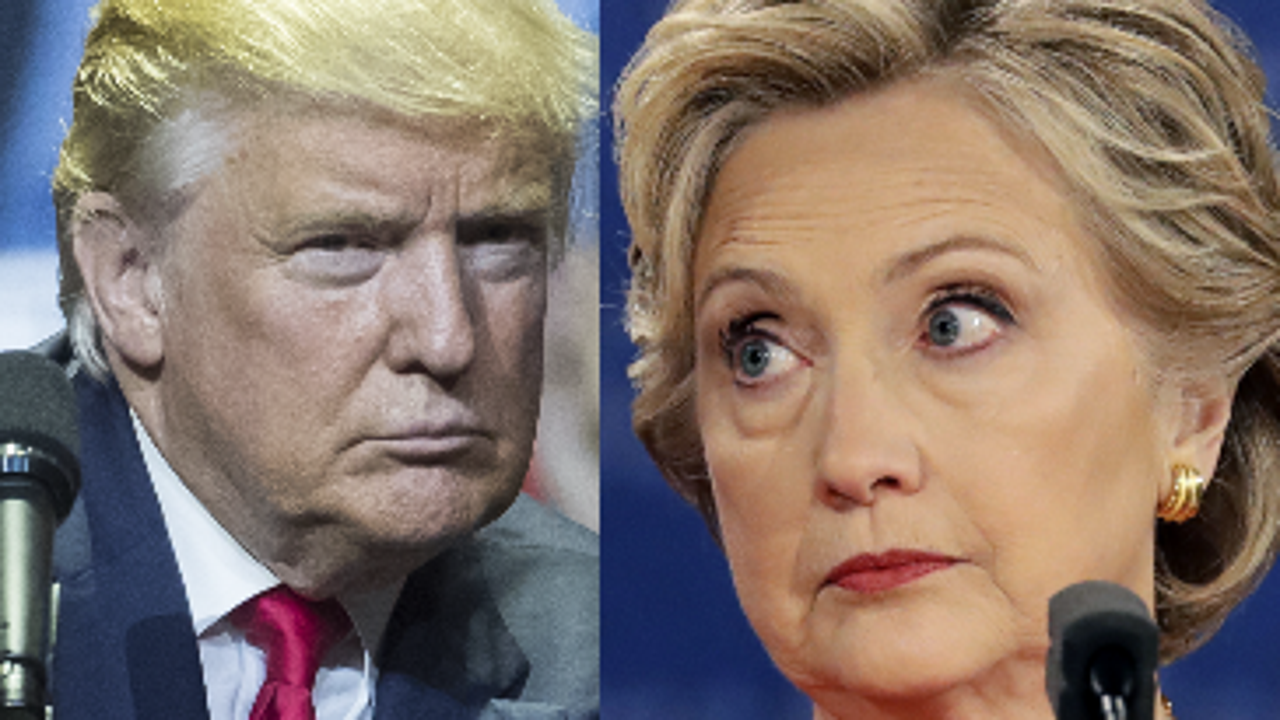The new estimate, disclosed in a blog post
where it detailed other plans to tighten privacy of its users' personal
information, is higher than the estimate of 50 million people reported
three weeks ago by The New York Times and The Observer.
The
social network's latest disclosures are likely to heighten concerns
about how it gave too-free access to its users' personal information and
that efforts to roll back this access come too late. Facebook CEO Mark
Zuckerberg has been on the defensive and is now scheduled to testify
next week before the House Energy and Commerce Committee.
In
an hour-long call with reporters, Zuckerberg addressed these concerns
while acknowledging how vulnerable users had been to malicious
activity.
"It's clear now we didn't focus enough
on preventing abuse and thinking through how people could use these
tools for harm," he said. "We didn't take a broad enough view of what
our responsibility is, and that was a huge mistake. It was my mistake."
Zuckerberg's
April 11 appearance before the committee will be his first
congressional appearance, but not likely his last. Discussions continue
into Zuckerberg's appearance before two other congressional committees:
the Senate Commerce and Judiciary committees.
Facebook last month disclosed it knew Cambridge Analytica had obtained
personal information from hundreds of thousands of users who had
downloaded a personality profile app that then passed it on to the firm,
which says it had assisted Donald Trump in his successful presidential
campaign. Cambridge Analytica denies using any ill-gotten Facebook data
in those efforts and repeated that defense Wednesday.
The
situation has resulted in an investigation into Facebook by the Federal
Trade Commission and attorneys general from 37 states and territories
calling for information from the company on its data security
procedures.
Even
before news arose of this massive data-mining operation of Facebook
users, CEO Mark Zuckerberg had pledged to spend 2018 attempting to
counter various concerns facing the social network. Among them:
fabricated news that misled millions, live broadcasts of homicides and
terrorism, racist targeting of ads, troubling search results and Russian
manipulation.
The increased estimate follows a
disconcerting pattern for Facebook when it's come to disclosing
practices that have violated its users' privacy.
Zuckerberg,
after initially calling suggestions that "fake news" on Facebook
influenced the election in any way "pretty crazy," later backtracked and
apologized. Under pressure from lawmakers' last fall, Facebook
executives testified and released increasingly higher estimates on the
extent and breadth of Russian manipulation on the platform. Just this
Tuesday, Facebook again disclosed it had found more Russian-organized fake accounts and posts on its platform and its Instagram service.
On Wednesday, Zuckerberg again apologized for initially dismissing the worries about faked newsJoin up! Join up! Join up! What could possibly go wrong?






No comments:
Post a Comment